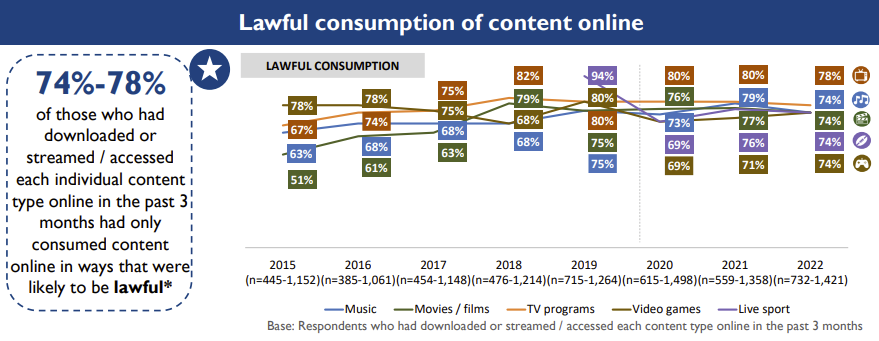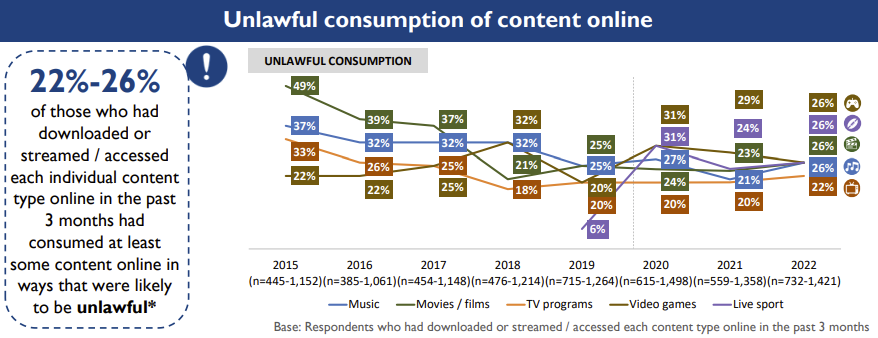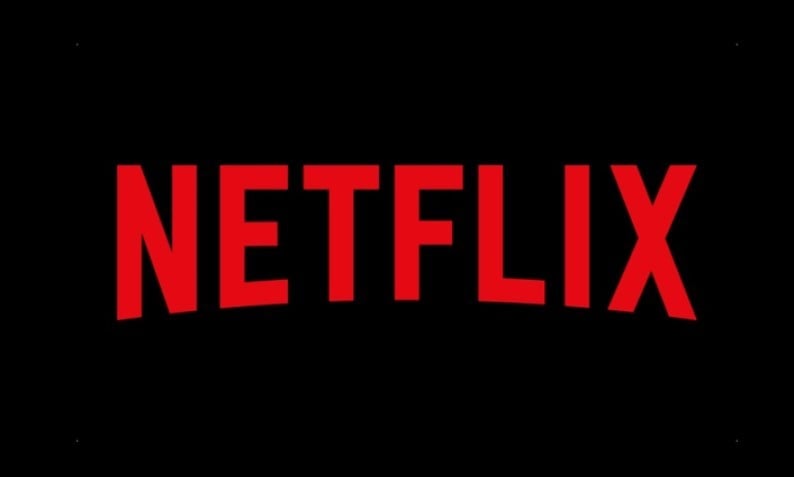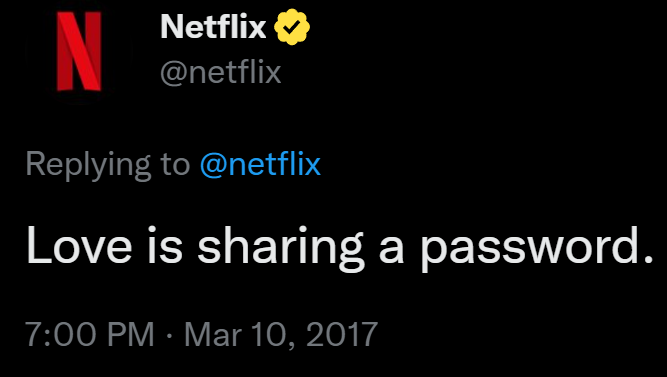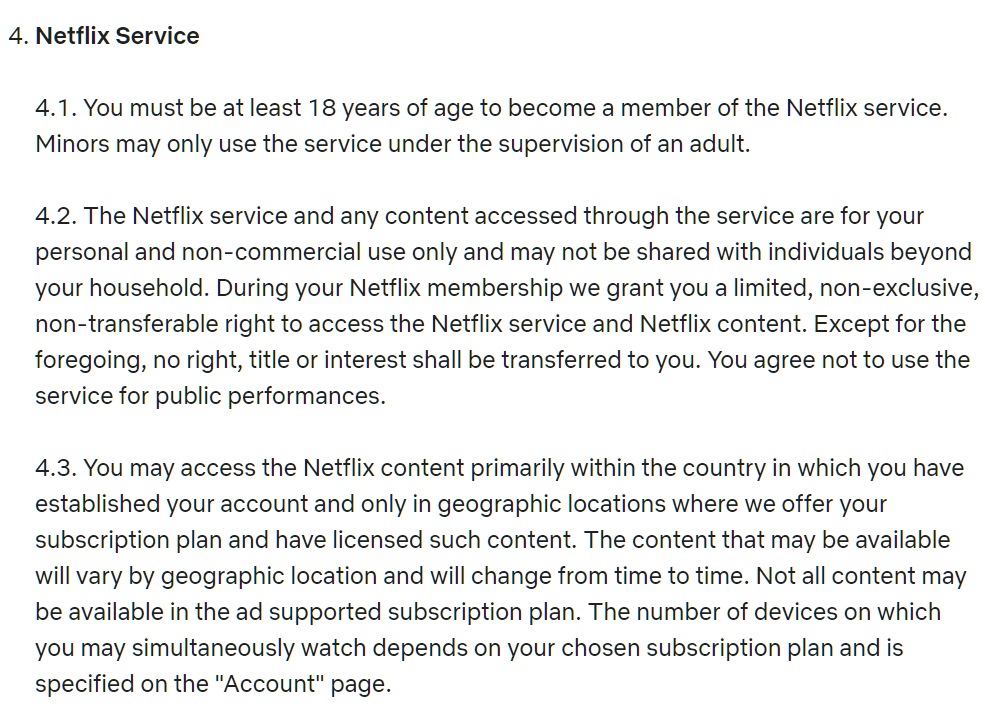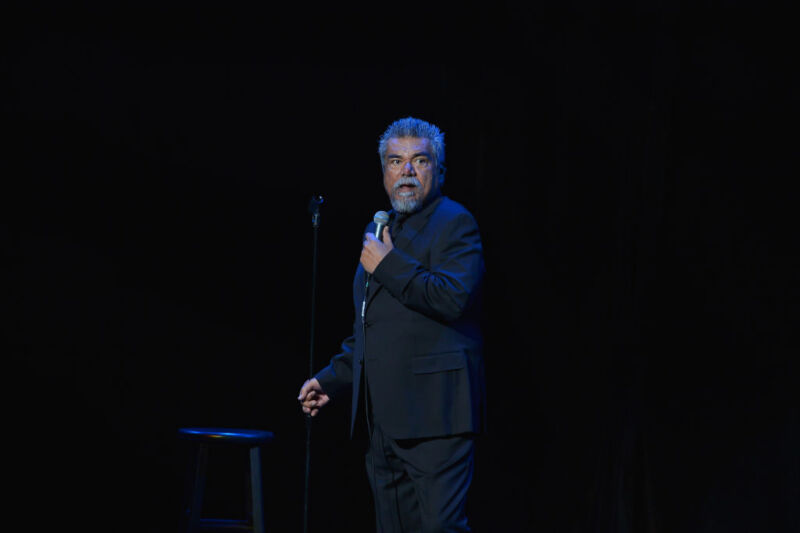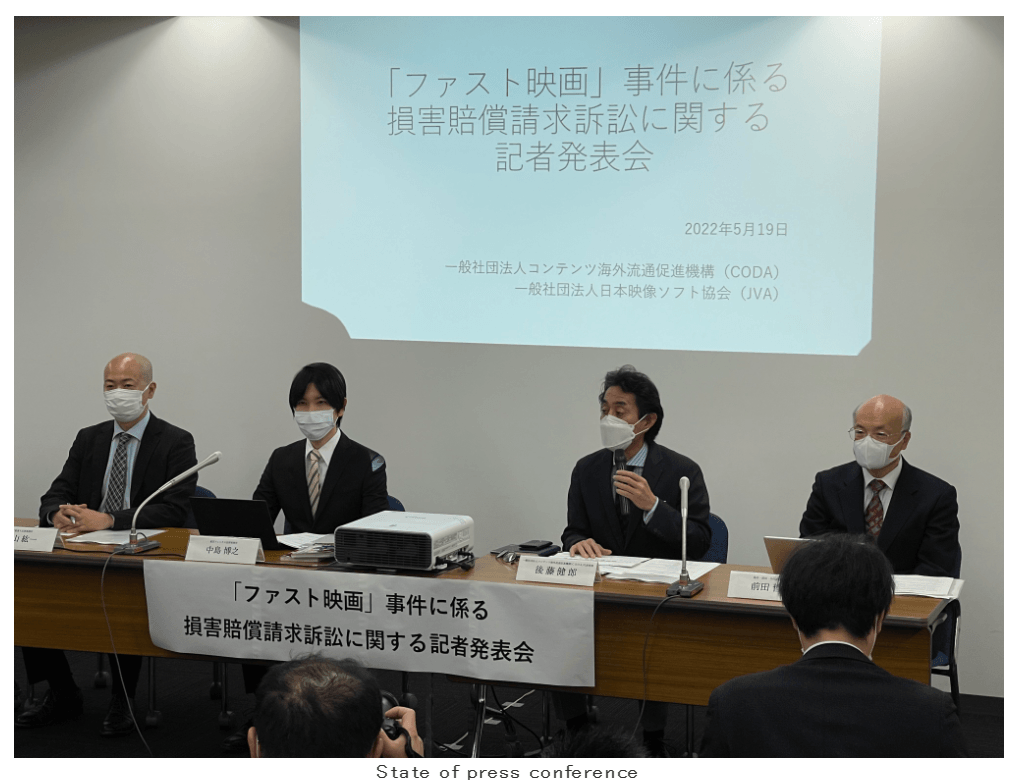 Around October 2020 a Twitter user called ‘
MrMoneyBags
‘ began posting critical messages targeting billionaires.
Around October 2020 a Twitter user called ‘
MrMoneyBags
‘ began posting critical messages targeting billionaires.
Brian Sheth, the former President of Vista Equity Partners, a private equity fund based in Austin, Texas, received special attention. MrMoneyBags posted six tweets accompanied by photos, with added commentary relating to Sheth’s wealth and his alleged lifestyle.
“Brian Sheth has upgraded in his personal life. The only thing better than having a wife … is having a hot young girlfriend,” said MrMoneyBags, referencing a photo of a woman in a bikini and high heels.
Other tweets continued along the same lines, sometimes hinting at an extramarital affair between the woman and Sheth. Soon after and in mysterious circumstances, copyright law entered the equation.
DMCA Takedowns Followed by DMCA Subpoena
On October 29, 2020, a business entity called Bayside Advisory LLC contacted Twitter stating that since it owns the copyrights in the six photos, they should be taken down under the DMCA. Twitter later fulfilled its obligations under copyright law by removing them but Bayside was only just getting started.
After the DMCA takedowns were sent to Twitter, Bayside
registered copyrights
in the photos, went to court, and obtained a DMCA subpoena requiring Twitter to hand over information sufficient to identify MrMoneyBags, thereby removing their anonymity.
Twitter objected to the subpoena, arguing that disclosure would undermine its user’s
First Amendment
rights. The company also expressed concern that via the DMCA subpoena, copyright law was being used to suppress criticism or rumors of extramarital affairs.
Furthermore, Twitter said that Bayside was in no position to claim copyright infringement to obtain the details of the alleged infringer (MrMoneyBags). Since the speech attached to the photographs constituted fair use, there was no infringer to identify.
Twitter’s motion to quash the subpoena was met with opposition from Bayside. In response Magistrate Judge Donna Ryu issued an order offering MrMoneyBags an opportunity to anonymously file evidence in support of Twitter and to argue that the photos were used on a fair use basis. The court received no response.
The Judge noted that the lack of a “well-developed record” in the case meant that a finding of non-infringement based on fair use wasn’t possible without evidence from MrMoneyBags. As a result, Bayside’s motion to compel was granted in late 2021 but Twitter objected and declined to hand over MrMoneyBags’ details.
Twitter Moves to Overturn Magistrate’s Order
In January 2022, the case was reassigned to District Judge Vince Chhabria and within weeks the Electronic Frontier Foundation and ACLU Foundation of Northern California filed an
amicus brief
, arguing that the magistrate’s ruling “sidestepped the First Amendment” when it focused solely on whether MrMoneyBags’ tweets made fair use of the photos.
“Narrowing the inquiry to focus exclusively on whether copyright infringement occurred incorrectly allows the nature of the claim to drive the analysis, rather than the nature of the speech at issue,” the brief noted.
Noting that the tweets appeared to be “noncommercial, transformative, critical commentary — classic fair uses,” the brief argued that even if Bayside had a viable infringement claim, it could not show that unmasking the Twitter user was truly necessary to advance its interests, and that those interests outweighed the harm that would result.
Public Citizen later submitted a
brief
that supported Twitter and similar platforms to defend the First Amendment rights of their users
(
pdf
)
.
A brief submitted by the Copyright Alliance was mainly concerned with keeping a tight rein on existing practices for dealing with copyright infringement disputes. One part noted that MrMoneyBags could have taken “the simple step” of submitting a DMCA counter-notice if they believed their use of the photos was fair
(
pdf
)
.
Of course, that would’ve meant MrMoneyBags’s real name and address being handed to Bayside months earlier. It would’ve have negated the need for this entire case, which was clearly aimed at protecting his identity from the shadowy Bayside entity and whoever is pulling the strings behind the scenes.
As it later turned out, Bayside’s dubious nature played a major role in tainting its own case.
Judge Chhabria Sides With Twitter
In an order handed down this week, Judge Chhabria first challenges Bayside’s assertion that a provision in the DMCA subpoena process divests the court of authority to consider the merits of a copyright claim (or issues of First Amendment privilege) when faced with a motion to compel or quash a DMCA subpoena.
“Bayside’s reading of the DMCA raises serious constitutional concerns. After all, it is not enough to say that a speaker could assert their right to anonymity after their identity has been revealed; at that point, the damage will have been done. Fortunately, the statute does not compel (or permit) this result,” Judge Chhabria writes.
A recipient of a DMCA subpoena may move to quash it on the basis that the subpoena would require disclosure of material protected by the First Amendment, his order clarifies.
“Bayside next argues that, to the extent MoneyBags has any First Amendment interest in this case, it is wholly accounted for through copyright’s fair use analysis, which allows the public to use copyrighted works in certain circumstances without facing liability,” the Judge continues.
“But while it may be true that the fair use analysis wholly encompasses free expression concerns in some cases, that is not true in all cases — and it is not true in a case like this. That is because it is possible for a speaker’s interest in anonymity to extend beyond the alleged infringement.”
Addressing Bayside’s assertion that MrMoneyBags’ absence from the case dooms Twitter’s motion, the Judge disagrees. His appearance would’ve been helpful but wasn’t absolutely necessary since Twitter’s interest in the dispute aligns with his – both have an interest in MrMoneyBags’ ability to speak his mind on the Twitter platform without facing retaliation.
Hiring a lawyer to litigate a copyright claim can be very expensive too, so out of concern, a speaker may opt to stop speaking rather than assert their right to do so anonymously.
“Indeed, there is some evidence that this is what happened here: MoneyBags has not tweeted since Twitter was ordered to notify him of this dispute.”
Two-Step Test and Fair Use
For a litigant to unmask the identity of an anonymous internet user in this type of case, the party seeking the disclosure must first demonstrate a prima facie case on the merits of its underlying claim. The second step sees the court balancing the need for such discovery against the First Amendment interest at stake.
According to the Judge, Bayside’s underlying claim – that of copyright infringement – fails when subjected to the four factors of fair use.
1) At the time the photos were used, MrMoneyBags’ Twitter account had a small following with just a handful of likes, retweets or comments, something that rules out commercial use. MrMoneyBags’ use of the photos alongside his own biting commentary and criticism led to a transformative use that reflected his “apparent distaste for the lifestyle and moral compass of one-percenters,” the order notes.
2) As to the nature of the copyrighted works, the Judge assessed some as the kind of material people might post to Facebook or Instagram. Others were more artistic, with elements such as lighting, positioning and wardrobe giving the appearance of intentional selection.
Unfortunately, Bayside provided no evidence about the photographs themselves, including where they were taken, by whom, the photographic subjects involved, or whether there was actually any attempt by the photographer to influence the creative process. As a result, the Judge finds this factor to be “largely inconclusive.”
3) On the amount of the copyrighted content used, in the context of a photograph that “is not meaningfully divisible”, the Judge finds the third factor ‘neutral’.
4) When considering the effect of the use on the potential market for or value of the copyrighted work, the Judge says that determining market harm is difficult when a use is transformative and non-commercial. Bayside claimed that it licenses photos for commercial exploitation but the Judge didn’t buy that, especially since the company offered no evidence to show market harm.
Taking all of these factors into account, Bayside has not demonstrated a prima facie case of copyright infringement. Even if it had, the Judge says that the subpoena would still need to be quashed since the balance of equities tilts in favor of MrMoneyBags and his right to remain anonymous.
“Unmasking MoneyBags thus risks exposing him to ‘economic or official retaliation’ by Sheth or his associates,” the Judge writes, before diving down the Bayside rabbit hole.
The Bayside Mystery ‘Makes a Difference’
According to the order, the Court is not assured that Bayside has no connection to Brian Sheth. Bayside was not formed until the month the tweets were posted and the entity had never registered any copyrights until the registration of the six photographs.
That there is no publicly available information about Bayside’s principals, staff, physical location, formation or purposes, and that the entity declined to present additional evidence or information that might help the court, seems to have sounded alarm bells.
Indeed, the Judge concludes by handing a win to Twitter (and by extension MrMoneyBags) and quashing the DMCA subpoena, with a barbed comment aimed at a shadowy entity that values anonymity, as long as it’s theirs.
“Bayside’s choice not to supplement the record makes it quite easy to balance MoneyBags’s interest in preserving his anonymity against Bayside’s alleged interest in protecting its apparent copyrights,” Judge Chhabria writes.
“On this record, even if Bayside had made a prima facie showing of copyright infringement, the Court would quash the subpoena in a heartbeat.”
Documents for the entire legal saga can be found
here
From:
TF
, for the latest news on copyright battles, piracy and more.
 chevron_right
chevron_right



